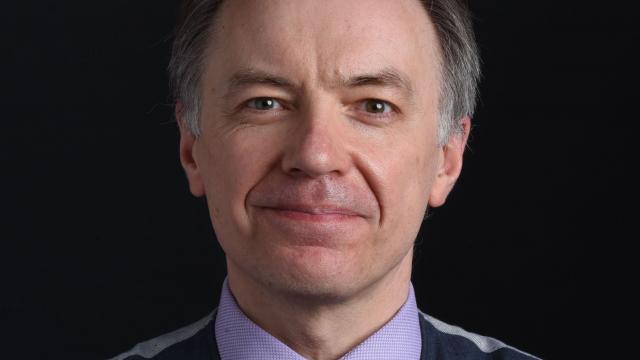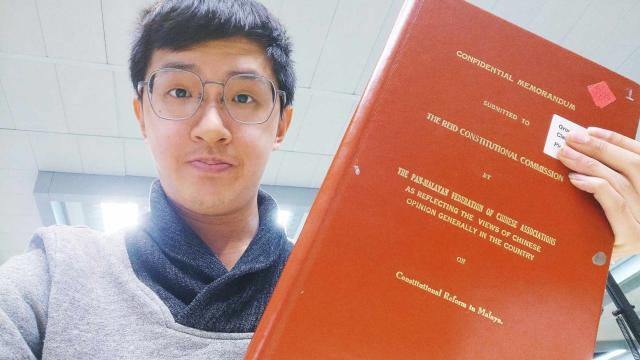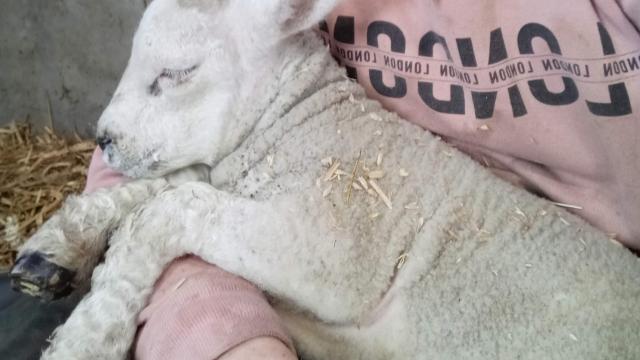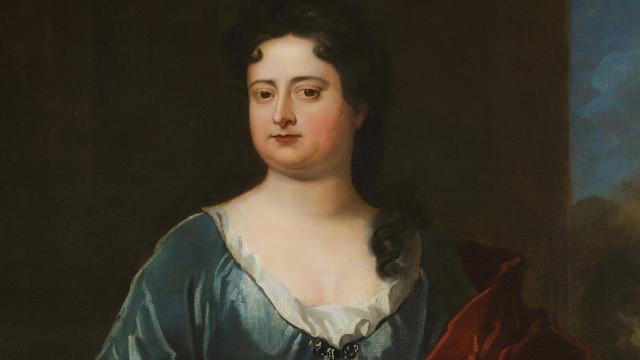
If you are called for an interview, St Catharine’s will probably be your first university interview, so it is entirely understandable if you are nervous. However, it is important to us that you are able to do as well as possible in your interview, so we try our best to make interviewees feel as relaxed as possible. The interviews are designed so that we can see how you tackle new ideas, often using the skills you have acquired at school.
How will we be interviewing in 2023?
St. Catharine's College will be interviewing remotely online. Our experience since 2020 is that this works well for all applicants - and we have plans in place to address any technical issues so you do not need to worry.
We will send all applicants who are called for interview full instructions well in advance of their interview
- You can choose whether you would like to have your interview at home or in school.
- If you are applying for a subject in which you may be asked to draw diagrams or formulae, we will ask you in advance to have a pad of paper or whiteboard in view of the web camera. We may also ask permission to screenshot your working during the interview.
- You will not need a tablet or other drawing device, or app.
- We will give clear instructions about what we will do if there are any technical problems with an interview.
- We will give you an opportunity to tell us in advance if you think you will not have the equipment you need (laptop or desktop PC for science/maths subjects; tablets or even mobile phones for arts/humanities subjects if nothing else is available).
Please be assured that it is important to us that no one is disadvantaged by the remote interview systems we are using. Our experience is that online interviews have been relatively straightforward, and possibly less stressful for applicants.
Why do we interview?
Interviews are an important part of the process by which we determine which of our applicants would thrive best were they to come to study at St Catharine’s. Because of this, the sole attribute we seek in candidates is their academic potential.
(The only exceptions to this are Medicine and Veterinary Medicine, where we also seek potential as a clinician. However, as we believe the best clinicians are those with a thorough understanding of the science underpinning clinical practice, you may find that your interview is still very science/maths focused, but with some additional discussion of any work experience you have undertaken.)
It is important to emphasise that we look at all the information available to us – exam results, additional assessments, and other information on your UCAS and SAQ forms – and not just how applicants perform at interview.
However, most applicants to St Catharine’s will be on course to get A and A* grades at A Level (or top grades in other exam systems). This can make it difficult to distinguish between candidates on the basis of the paper application alone. The interview, therefore, remains an important part of the selection process.
Many people worry about their Cambridge interview, and some suspect that there is a secret ‘knack’ to pleasing the interviewers. However, we are simply looking for academic potential, which we try to find through enthusiastic and thoughtful discussions at interview. The interview should stretch your understanding of your school subjects, and hint at what your chosen course might involve, but it will not be reliant on you following some kind of formula.
Format of the interview
If you apply to St Catharine's and are on course to achieve the appropriate grades, you will probably be called for interview. There are often two interviews, often near-consecutive, each lasting about 25-30 minutes, although arrangements may differ in some subjects.
If you have any disability, caring responsibility or specific learning disability which may affect your interview or its scheduling, you will be asked to tell us in advance.
Candidates in some essay-based subjects may have been asked for examples of their work in advance; this will have been read by the interviewer(s) and might (or might not!) form the basis for part of the discussion.
Most subject interviews will involve technical, specific discussions of subject-related topics - you may well be asked to solve problems, analyse unseen texts or discuss an article. Some interviews may also incorporate other components, and details of these are given under each subject's admissions page. We will inform you in writing when you are called for interview if there are any particular instructions (e.g. if we wish you to read something before the interview).
The interviews are your chance - over the course of an hour or so - to show how you would benefit from our style of teaching. The best advice we can give is to be yourself, talk freely and enthusiastically about what interests you, and not to worry if you are asked questions to which you do not immediately know the answers.
At interview, we are not impressed by people who are simply confident, or articulate, or over-prepared, or well practised. The interviews are sufficiently long and technical that we hope they give everybody the opportunity to show what they can do, irrespective of how confident or shy, calm or nervous they are.
The interviews will be aiming to find out a bit more about you as a person, but may also use the time to assess your enthusiasm, motivation and preparedness for the subject you are hoping to read at University. For example, the questions may relate to why you selected your chosen subject, what you have done to find out more about it, what you’ve written on your personal statement, or how you balance the competing demands of work and the rest of your life.
Both interviews will be 'subject interviews', focusing on particular academic skills related to your school subjects and proposed university course – although we will not assume any knowledge of that course. Many interviewers will be subject specialists, but sometimes someone from an 'overlapping' field may interview (e.g. a scientist testing maths aptitude of would-be economists, or an English literature expert discussing textual analysis with prospective theologists.)
The interviews may involve paper-and-pencil exercises in maths and science subjects, critically appraising an unseen passage or article in arts subjects, and so on. You may well be asked questions on unfamiliar topics - we will be looking for how you approach the problem/concept/exercise, given your current level of understanding, and how you can think or talk your way through it.
Often, the interviewers will give you the chance to influence the direction that the interview takes, by asking you about things you are interested in, or topics you have recently covered at school. So, while you shouldn't prepare 'topics' in any formal sense, you should be prepared to talk about your interests and things you mentioned in your UCAS personal statement.
However the interviews develop, the interviewers will not seek to trip you up; they just want to see how you will respond to the sorts of intellectual challenges you will face at university.
A few pieces of advice:
- It is important that you do not over-analyse how well or badly you think an interview is going – use your brainpower for something more useful!
- It is very likely that you will be asked questions which seem much more difficult than those you’ve faced at school, or even questions which you initially have no idea how to tackle. Bear in mind that all interviewees will face such questions, and the reason we ask them is to find out how you cope with stretching material – so just try your best to analyse the concepts involved and work out the best way to address the question.
- If you think you have made a mistake or taken a wrong turn, simply retrace your steps a little and start again.
- Do not worry if your progress seems slow, or you seem to be getting lots of help from the interviewers – many concepts take time and support to get to grips with.
- Don’t worry if you think you have been talking for too long. We want to hear what you have to say, and it is the interviewers’ responsibility to keep an eye on the clock.
For more information about interviews, see the University Admissions Office's guide to interviews.





